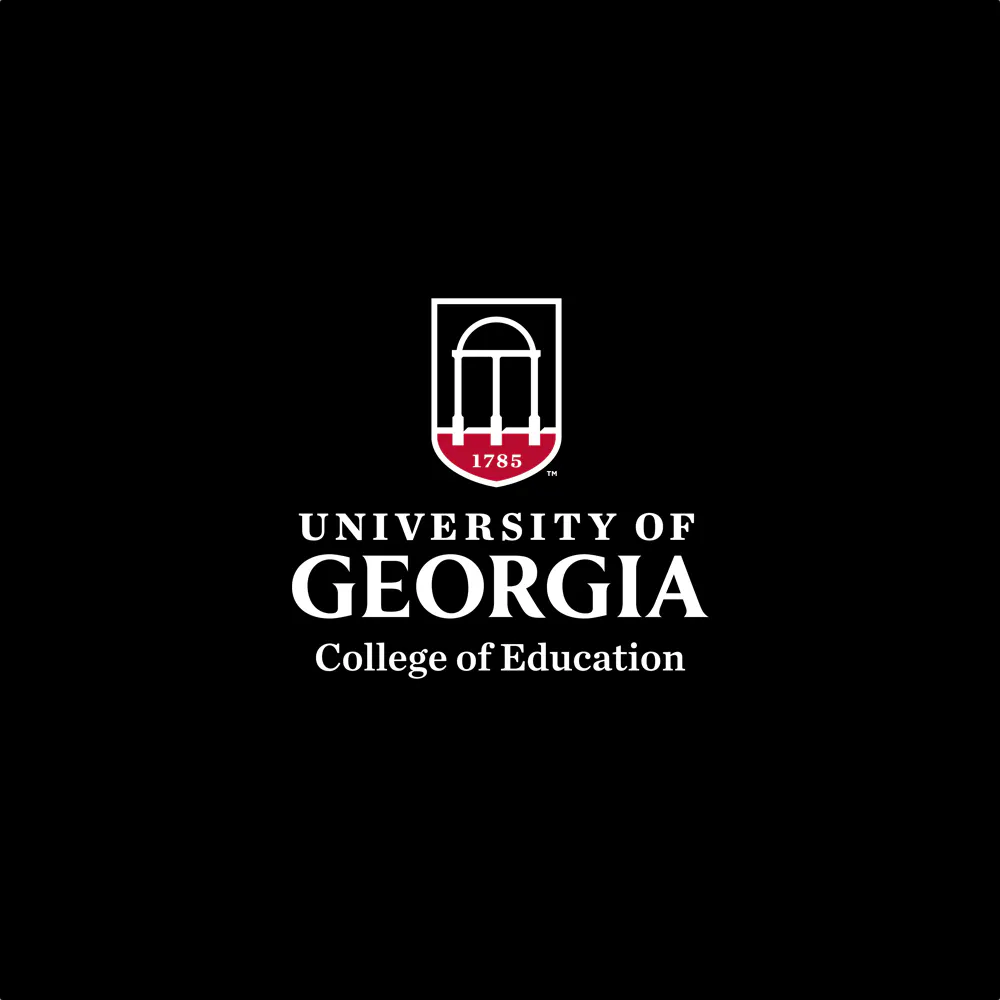Oceans apart, learning together
The four students bent down to look into the tank sitting on the lab's counter. Inside was a bobbing crawfish infected with white spot syndrome as its caretaker, graduate student Jeab Sutthangkul, explained how she's studying possible cures.
The hands-on lesson in viruses was part of an "Americanized" version of the students' curriculum thanks to an inaugural exchange program between the College of Education and Kasetsart University Laboratory School in Bangkok, Thailand. The program brought four American teachers, all either COE alumni, graduate students or leaders at local schools, to Kasetsart over five weeks this past summer to train educators in the latest methods. At the same time, four Kasetsart students arrived at the College of Education, where more local teachers infused American methods into their Thai high school's science lesson plans.
The exchange idea came from Apisata Juntaraprasert, a program coordinator in the College of Education who ended up at UGA because of a similar study abroad experience she had during her college years. Because she already had connections at Kasetart University, she knew there was a desire to learn American teaching methods there. With help from COE associate dean Denise Spangler, Juntaraprasert lined up four teachers to travel to Thailand and several more to work over the summer to teach the Thai students, whose academic year begins in June. The exchange lasted about five weeks.
"The school wanted some science teachers because they want their science program to be like the American standard," said Juntaraprasert. "They have a mix between the Thai curriculum and the American curriculum. They think this is a very good approach if there is someone from America who is an expert with the newest teaching methods."
David Paperno (M.Ed. '14), a Fulton County teacher who made the trip to Thailand, said his time in the classroom revealed a key difference between American and Thai teaching styles.
"Many teachers use a more lecture-based approach, where we use a more hands-on approach," he said. "I really like to involve my students in what they're learning because it not only builds the students' content knowledge, but it also gives them experience in working with different equipment. I think that the other teachers are learning that we use a lot of hands-on experiences and project-based learning, and that may not be something that they usually do."
But there is a sense of collaboration among the teachers, said Larry Hampton (Ed.D. '15), who teaches at the Paideia School in Atlanta. For example, a teacher was looking for ways to illustrate a chemical reaction. Obtaining the proper chemicals is a challenge, Hampton said, so he found a video online to illustrate the lesson.
The American teachers also brought the students into the labs more often. "There were lab coats here that had never been used," Hampton added. "(Students) now dress up in lab coats and safety glasses to complete all of our labs."
The language wasn't much of an issue since most of the school's classes are taught in English. Although in science, lab work can transcend many language barriers. And the students who studied at the College of Education said they are more than happy to spend their time doing hands-on experiments.
"Here we can do many labs — we get more experience," said Plairung Suwichacherdchu as she and her classmates walked to their virus lesson with Stella Guerro, a biology teacher at Cedar Shoals High School in Athens. Their friends back at home "are so jealous," added fellow student Ralph Puncharoenworakul. "They don't do as many experiments as we do here."
Guerro said she followed the same curriculum used at the Kasetsart school and taught with the same AP biology textbook used at Cedar Shoals. She also reached out to others in the UGA community to share their lab work with the students. That's how they ended up in the UGA biology lab, staring into tanks of spotted crawfish.
Of course, living on campus is a chance for the high school students to experience a new culture, another bonus Juntaraprasert aimed for with the program. "So I experienced the same before, and I think it's a good idea for them to experience other things," she said. "They learn about culture, people, their environment."
They also met and interacted with students conducting the lab experiments. In the case of the crawfish, graduate student Sutthangkul happily answered their questions about life in Athens. Sutthangkul, as it happened, came from Thailand and could relate to moving from a large, bustling city like Bangkok to the quiet of Athens. As the students left the lab, she laughed at one question asked in the students' native Thai.
"They're asking what you do on the weekends; Athens is such a small town," she said. "I go to Kroger."
